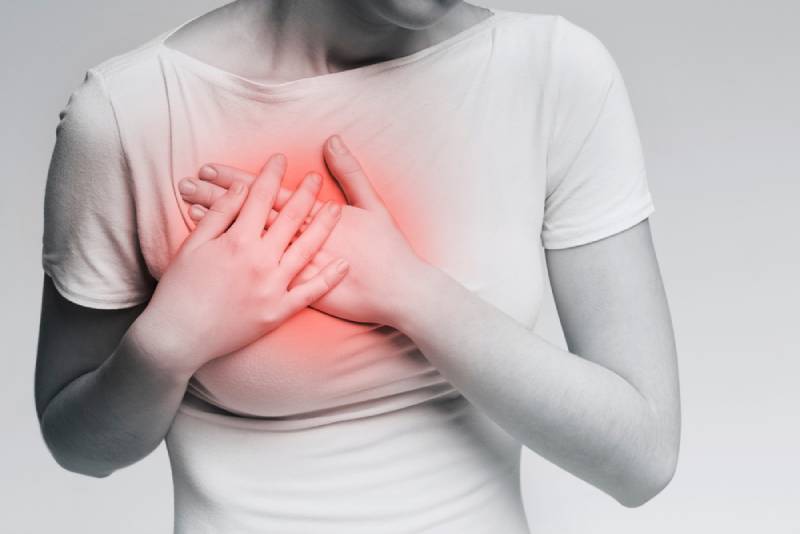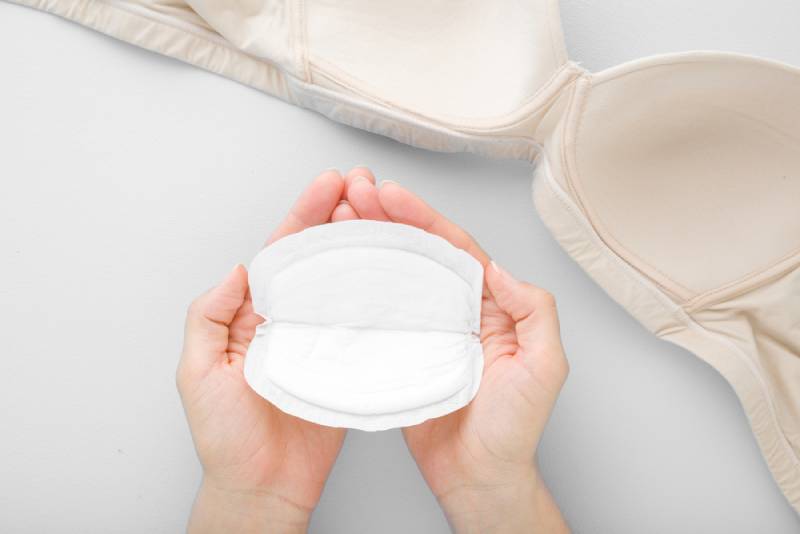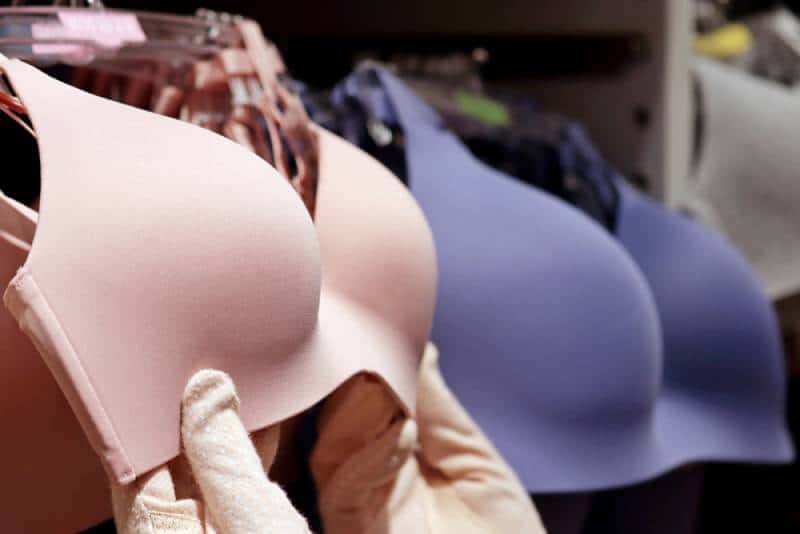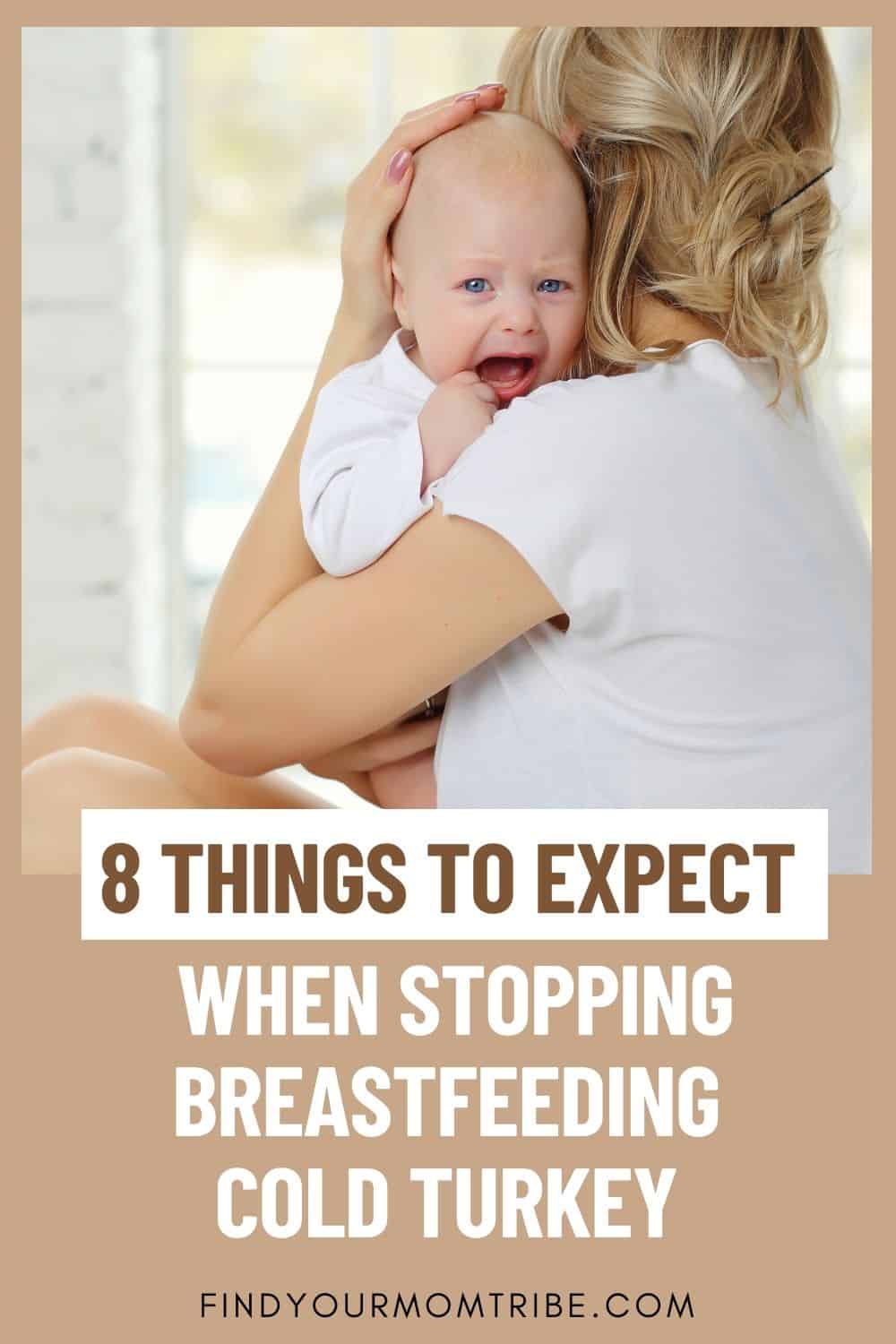The choice of whether a new mom wants to breastfeed or not is entirely up to her!
And the same applies to when she chooses to stop, even if she opts for stopping breastfeeding cold turkey.
Stopping breastfeeding cold turkey, or without a gradual adjustment period, can be a difficult decision to make, especially if a mom can’t continue nursing her baby due to medical reasons.
Most experts and lactation consultants agree that gradual weaning is better and easier for both the mom and the baby since your body will have time to adjust to all the changes that come with stopping breastfeeding.
Keep in mind that the changes aren’t just physical!
Breastfeeding is a hormonal process, and once it’s abruptly stopped, you might go through all sorts of mood swings and emotional ups and downs – get ready for another round of the baby blues!
Still, don’t lose faith in your body’s magical ability to adjust, and adjust it will! It might take a few weeks and a couple of ice packs, but you will be feeling better in no time.
What Happens When You Stop Breastfeeding Cold Turkey
No matter how long you have been breastfeeding, you’re probably worried about the effects that suddenly weaning your little one could have on your body.
Maybe you have already heard all sorts of horror stories about engorged breasts or plugged ducts, and you’re quite anxious to know what to expect.
Moms who decide not to breastfeed from day one usually lose their milk supply shortly after giving birth.
But if you’ve been keeping up with your milk production and breastfeeding for quite some time, a quick weaning process might need some time getting used to.
1. Engorgement

One of the first things to happen when breastfeeding ends is engorgement.
This is a condition where your breasts become so filled up with milk that they feel painful.
Plus, because you’re trying to stop your milk supply, regular pumping will be counterproductive in this scenario because you will just continue producing more milk.
A tried and tested method of relieving symptoms of engorgement are cabbage leaves.
Even though the thought of applying produce to your boobs can seem a little crazy, this is a method that is very effective!
Cabbage contains ingredients that work to reduce inflammation on the tissue it’s applied to – just make sure to place the leaves directly on the skin of your breasts.
Apart from cabbage leaves, you can apply an ice pack or a cold compress to reduce the inflamed tissue.
There are even special ice packs made to help nursing moms deal with all sorts of breast pain.
Taking a hot shower can also work wonders for the pain and the warm water can cause some of the milk to leak out on its own, further relieving your engorgement.
Sometimes, though, you will need to remove some of the milk – just make sure it’s just the right amount for you to feel better without increasing the milk production.
You can hand express a small amount of milk or even use a breast pump.
Giving yourself a breast massage can also help with the after-effects of cold turkey weaning – you can do this while in the shower, or cover your breasts with a towel and massage through the towel (in case you express milk during the massage).
There are also plenty of all-natural ways to deal with your breasts becoming engorged during the weaning process. Herbs, such as peppermint and sage, can reduce milk supply.
Many moms found that using them as oils and massaging them directly into the breasts is a great way to get some relief, but you can also drink them in the form of tea.
Taking over-the-counter medication such as Motrin (ibuprofen) can also be helpful when all else fails and since you’re not nursing anymore, you don’t need to worry about any chemicals reaching your baby through your breast milk.
2. Mastitis

Stopping breastfeeding cold turkey can lead to breast infections, such as mastitis, which happens when one of the milk ducts gets plugged.
As a result of the milk that is “stuck” behind the blocked duct, bacteria starts growing in the milk, causing an infection.
You will know that you have a plugged milk duct or mastitis if only one part of your breast feels really sore and tender when you touch it.
Make sure to measure your temperature, since a fever is one of the telltale signs of mastitis.
Because mastitis is an infection, you will likely need to take antibiotics to treat it.
If you’re not sure whether you just have a plugged duct or full-blown mastitis, get in touch with a board-certified lactation consultant who will be able to help.
Remember not to take antibiotics on your own and not to stop the treatment when you start feeling better, but take them as directed for as long as your doctor instructed you to.
La Leche League International also recommends using ice packs or cold compresses to help with the swelling.
3. Milk fever

If you have a high temperature but aren’t experiencing any localized pain or tenderness in one of your breasts, you might have milk fever.
This is a condition very similar to the flu and you’re likely to experience symptoms such as high temperature, muscle aches, tiredness, and headaches.
Take over-the-counter medication to lower your temperature and help with the pain, drink plenty of water, and follow the general steps for reducing a fever.
You should feel better within a couple of days but if your condition worsens, don’t try to wait it out – call your doctor instead.
4. Mood changes

When we talk about what to expect when stopping breastfeeding cold turkey, there’s a lot more to it than just physical changes.
Unfortunately, mood changes are very common during this period, so don’t be surprised if you suddenly feel a little blue!
Experts believe that the sudden sadness, mood swings, or anxiety are caused by hormonal changes brought about by starting to wean your baby.
One of the hormones that are responsible for producing breast milk is called prolactin. It also helps mom feel relaxed and calm, so when your milk production drops, so do your prolactin levels.
Another hormone that plays an important role during breastfeeding is oxytocin, which is more commonly known as the hormone of love.
When you gradually wean your baby, you have an opportunity to slowly adjust to the decreasing levels of these hormones, so the mood swings might not be as severe.
But when you suddenly wean, the shift is much quicker and more difficult to handle.
Luckily, most moms feel better after a few days, but if you feel like your temporary mood changes have transformed into depression, it’s best to talk to a professional.
During this period, make sure to get plenty of cuddles with your little one, as it will help you ground yourself in what really matters – your precious baby!
5. Leaking

Because your baby isn’t helping you remove all that milk from your breasts, you can expect them to start leaking as you adjust to this new stage of motherhood.
Make sure to have breast pads when you’re out and about, and always have an extra bra at hand to avoid embarrassing wet spots on your shirt.
Your choice of bra is also important during this time, and just because you are not nursing anymore, doesn’t mean you should start wearing tighter bras.
It’s best to stick with your nursing bras during this time, as they will keep your breasts in place without constricting them too much.
Wearing a bra that is too tight or restrictive can even cause milk ducts to get plugged, so staying comfortable is a priority.
6. Changing routines

Weaning your baby is a big change as your boy or girl is very used to having a nursing schedule or using nursing as a way of soothing.
Suddenly removing this very important part of their everyday routine will require a lot of effort on your part to help your little one adjust to a world without mom’s nursing sessions.
This will, of course, depend on how old your baby is and whether they are old enough for solid foods or not.
Older babies can go from nursing to a sippy cup, while younger babies will need to adjust to being bottle-fed, which can be a process in and of itself.
Then there is the fact that you will probably need to introduce baby formula, as well.
In any case, be prepared to offer plenty of distractions during the times your baby would usually nurse. You can give him a snack, for example, or warm cow’s milk if he’s old enough.
Since evening feedings right before bedtime are a way in which many babies soothe themselves to sleep, you will need to replace your breast with another calming routine, such as rocking or reading a bedtime story.
7. Different bra size

Whether you’re stopping breastfeeding cold turkey or gradually, you can expect your breasts to slowly get smaller as your milk supply dries up.
For some women, their breasts will go back to the size they were prior to the pregnancy, and you might be able to start wearing your old bras again!
And unless you’re planning on having another baby, you can pack up those nursing bras for good.
8. Increased libido

Many new moms find that breastfeeding has had an impact on their libido, which is not particularly strong during this period due to hormonal changes.
These hormonal changes can be so strong that some women even miss their periods while exclusively breastfeeding, which gives you a pretty clear picture of the kind of transformations taking place in your body after giving birth.
After your baby is weaned, however, the levels of estrogen and progesterone in your body increase. As a result, many women find that their libido has increased significantly.
For those who weaned their baby gradually, the change isn’t as drastic and they might not even notice the difference.
Stopping breastfeeding cold turkey, however, can lead to a very quick change in your libido.
The downside to rising progesterone levels is bad skin and the return of acne or breakouts you haven’t had for a very long time, so be prepared with a solid skincare routine until your skin goes back to normal, which can take a couple of weeks.
To Wrap Up
Stopping breastfeeding cold turkey can be a very difficult time for the mom and the baby.
From engorged and leaking breasts to sudden mood changes, it can seem like your world has turned upside down!
Not to mention that your little one might have trouble adjusting to a routine without his nursing sessions.
Be prepared to fight an uphill battle, as stopping breastfeeding cold turkey can lead to crying fits, temper tantrums, and disturbed sleeping schedules.
That’s why it’s important to talk to a lactation consultant if you feel like you’re particularly struggling during this time.
Remember that just because your baby isn’t nursing anymore, doesn’t mean you have lost the very special bond shared between moms and their babies.
As long as your little one is getting plenty of love and cuddles, you can rest assured that you’re on the right path!
References:
“Mastitis” by Karen Butler, published on the La Leche League Great Britain website in 2016.
Like this post? Please share or pin it for later. You can also stay in the loop and follow us on Facebook, Instagram or Pinterest.

This post contains affiliate links. Please see our full disclosure for more info.

